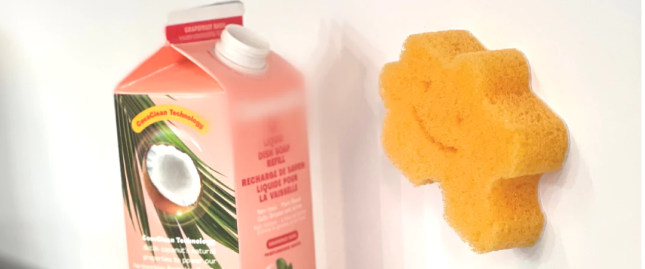What is Korea's 8282 Culture?

The plane is still taxiing on the runway after landing when the voice on the intercom urges passengers to remain seated. But many are already jostling in the aisles, taking down luggage, impatient to get off.
South Koreans call it "ppalli ppalli" (pronounced pahlee-pahlee), or hurry hurry. It means doing everything quickly, from leaving planes to eating, walking, and driving. Koreans even like to drink alcohol quickly. Boilermakers, a favorite among Koreans, are consumed while bar companions shout, "One shot!" Those who cannot empty the glass on the first try have committed a faux pas.
"Ppalli ppalli was the main driving engine behind the nation's rapid industrialization," said Yoo Suk Choon, a sociologist at Yonsei University in Seoul. South Korea was reduced to ashes during the 1950-53 Korean War, but it has built itself into the world's 11th largest economy. Still, government officials and social critics blame ppalli ppalli for many ills: traffic jams, corruption, slipshod construction, reckless corporate expansion on borrowed money, which contributed to the 1997-98 financial crisis.
Today, after decades of rushing, there are calls for a more leisurely lifestyle. The government, supported by labor groups, is pushing legislation to introduce a five-day workweek. Most Koreans still work half-day on Saturdays.
"Korean workers need to live more humanely," said Park Kwang Woo, a policy coordinator at the Korean Confederation of Trade Unions, the nation's largest labor group.
Ppalli ppalli is one of the first Korean phrases that foreigners pick up. The term is widely known among restaurant owners and tour guides in Southeast Asia, Guam and Saipan — popular destinations for South Korean tourists. "Customers get angry and yell if they don't get food quickly," said Lee Soon Ae, a restaurant worker in Seoul. "When I take orders, many people still say, `What is the fastest food you can serve here?' "
Even people paging their friends try to hurry things up, often embellishing their numbers with a special suffix, 8282, which sounds like ppalli ppalli in Korean. Seoul, a city of 10 million people, is notorious for traffic jams — this problem, experts say, is partly caused by drivers who change lanes constantly to advance a few feet. Drivers often honk horns and yell at other cars that move too slowly. People who just received their driver's licenses often use rear window signs that say: "I am sorry. I am a novice driver!"
One result is that South Korea has the world's highest traffic accident rate, with 10,300 people killed and 426,000 injured in crashes every year in a country of 46 million people. "While you are trying to reach your destination five minutes sooner, you may be gone forever," a government poster warns.
Koreans have not always been in such a hurry. Until the late 19th century, outsiders called Korea the "hermit kingdom" and the "land of morning calm." The ancient Korean elite considered running undignified. Koreans began changing as they went through the chaos and hardships of Japan's colonial rule, from 1910 to '45, and the Korean War, sociologists say.
The great rush began when Park Chung Hee, the authoritarian general who ruled South Korea for 18 years until his assassination in 1979, pushed high-speed industrialization. He emphasized getting things done quickly. He rewarded companies that built roads, bridges, and plants faster than scheduled. The quick-moving culture has sometimes resulted in dangerous construction, and it spawns corruption. For example, in 1995, the five-story Sampoong department store in Seoul, whose builders had bribed officials to win approval for illegal design changes and slipshod construction, collapsed like a stack of cards, killing 501 people. Koreans still routinely use what they call "hurry-up" money, a cash bribe to prompt quick official granting of permits, licenses, and contracts.
Source: New York Times
More Korean Innovation News

The Rise of Womance: Women Spearhead Korean Entertainment

A Korean Marriage Story

Jwipo, Your New Jerky Obsession

To Binge or not to Binge?

The K-pop Comeback: Returning from Military Service

Longcations: Escaping to Vietnam

Kkondaes at Work: GenZ and Millennials Battle at the Office

The American Bansang Experience


